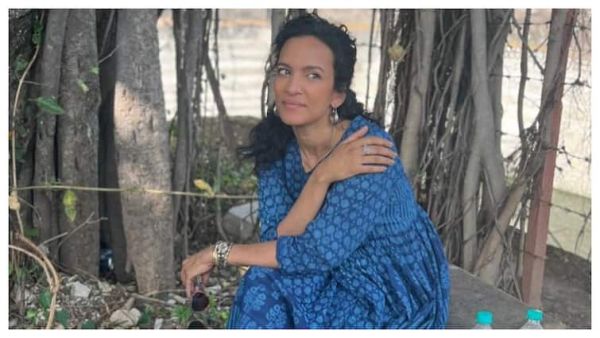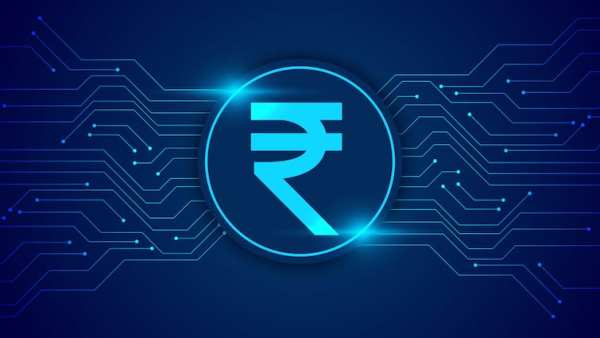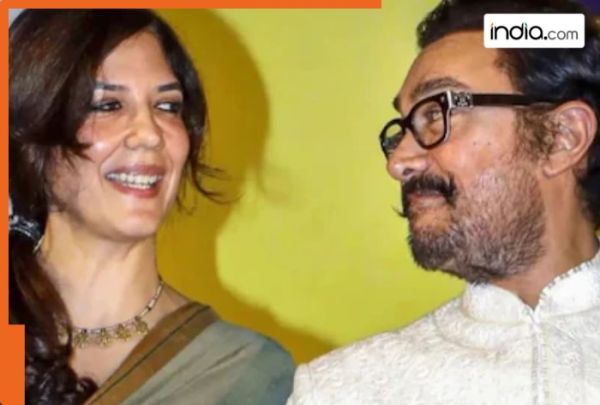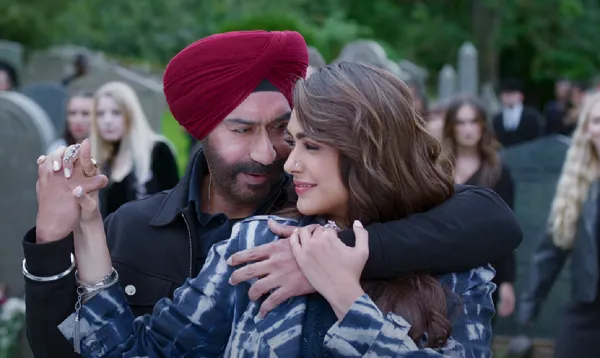
Acclaimed sitar virtuoso Anoushka Shankar recently recalled how the death of her father and mentor, the legendary Pandit Ravi Shankar, in December 2012, collided emotionally with the horrific gang rape and murder of a young woman in Delhi that came to be known as the Nirbhaya case.
In a conversation with journalist Barkha Dutt, Anoushka said, “So I lost my greatest musical collaborator, I lost my teacher, and then of course we had this Grammy experience going on. There was also a whole other aspect happening for me, which I connected to major life events that, technically, weren’t related. But five days after my father passed away, the Nirbhaya attack happened. I was already deep in the grief of losing my father when that news broke. And so, for me, I can never think about one without the other, because they both intensified something within me, this trauma bubble of grief, anger, and outrage. It was all one thing, really.”
Shankar described the period as one where personal mourning and societal outrage fused into a single overwhelming emotional storm. The artist, who is known for her fearless creativity and powerful advocacy, admitted that the proximity of these events created a lasting imprint on her psyche.
Anoushka on public perception vs. personal pain
In a candid moment, Anoushka also revisited the long-standing public perception that her life was untouched by hardship. As the daughter of an iconic musician, she was often seen as someone born into privilege, someone who had an easy entry into the world of music. But the reality, she said, was far more complex.
“I’ll just rewind a little bit. You know, in so many ways, like we touched on earlier, I had a very fortunate upbringing. I had a lot of incredible things in my life. But one of the narratives that, as a human and as a young woman in the press, used to rankle me was this idea that I’d just had a charmed life, that I had a silver spoon, that nothing bad had ever happened to me, and that I’d just swanned into this industry. And you know, sexual abuse… as I say, everyone has a spectrum. It’s not like that was the only thing. But when you carry a big wound like that, and it’s a secret, it feels very disjointed from how you’re seen, compared to how you actually feel as a human being.”
Shankar has spoken previously about her experience with sexual abuse, but in this conversation, she highlighted the emotional dissonance of carrying invisible wounds while the world viewed her through a lens of privilege.
Anoushka on how her father’s death gave her freedom to speak her truth
Reflecting on the timing of her decision to go public with her story, Shankar admitted that her father’s passing might have played a role in that shift.
“I think perhaps my father passing away made me feel a little freer to share my story publicly. He knew my story, but any pain that he might’ve gone through with me sharing it in a wider context was no longer relevant. I was in immediate grief. I wasn’t thinking so much as feeling.”
The act of speaking out, she explained, was not just a personal release—it was also a way to contribute to a larger conversation about violence and justice.
The Nirbhaya Case and a collective awakening
Anoushka recalled how the Nirbhaya case marked a turning point, both in her life and in the global conversation around gender-based violence. It was, she said, the first time in her memory that the world seemed to come together to confront the horrors of sexual violence.
“One of the things I really experienced about the gang rape in Delhi was that it was, in my living memory, the first time the whole world was talking about one story of sexual violence. I don’t remember a time before that when everyone, everywhere, was focused on sexual violence. That was an opportunity. That was a moment. And any way that any one of us could help galvanize it, make it bigger, felt important.”
But Shankar also acknowledged the social dynamics at play in how the Nirbhaya case was covered and received, especially regarding class.
“But there was a little sub strand to the narrative. And I say this with no diminishment whatsoever, but perhaps the reason her story, as opposed to others, got picked up so much was because of the strata she came from. Because she was middle class. Because that made it feel more shocking for people, that someone from that class could have it happen to them. That narrative really showed me how much misapprehension there is around who this can happen to, and how universal it is. And so I knew that with my story, regardless of how much detail I chose to share or not share, if people thought of me as the person with the silver spoon, the person who had it all, then for me to say, ‘Uh-uh, me too. This happens everywhere. This can happen to anyone,’ that felt really important to me.”
-
Govt Receives Rs 5,304 Crore Dividend From 3 PSU Banks For FY25

-
Exporters Eye Gains As US Tariff Hike Hits Competing Nations

-
Meet actor who romanced Aishwarya Rai, worked with Rajinikanth and Kamal Haasan, then lost all his money, cleaned toilets, now works as…, he is…

-
Aamir Khan married to girlfriend Gauri Spratt? Sitaare Zameen Par star makes big announcement

-
'Oscar Level Choreography': Ajay Devgn And Mrunal Thakur's Hook Step In Song Pehla Tu From Son Of Sardaar 2 Gets Hilarious Reactions From Netizens
